Home>Home Maintenance>How Much Does A Home Inspection Cost In Massachusetts
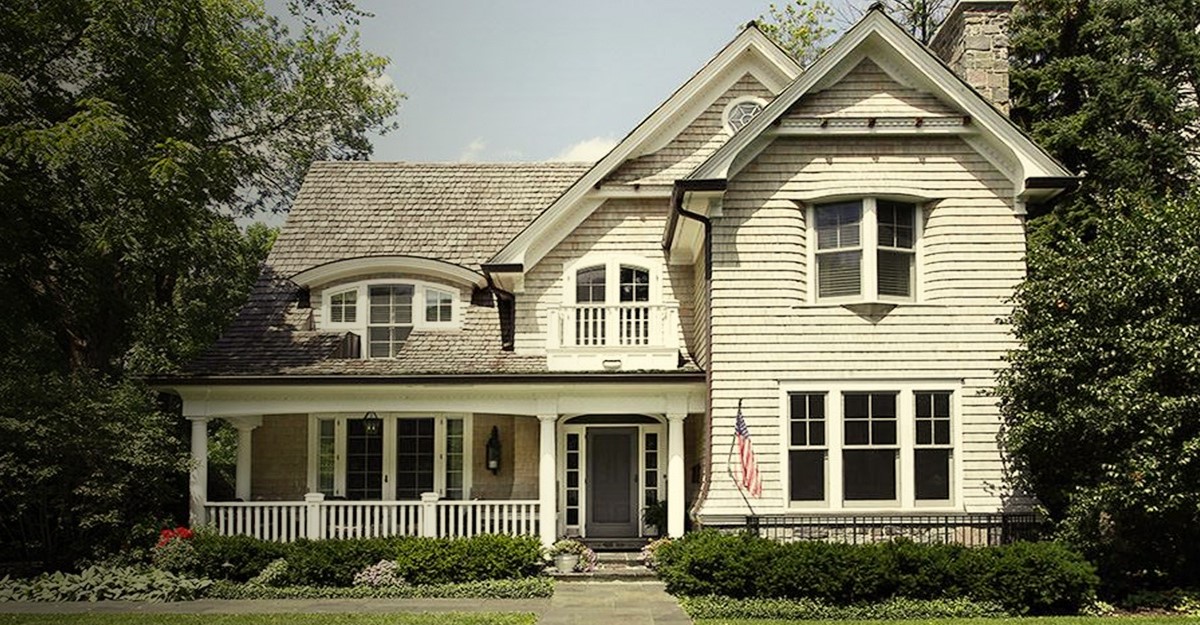

Home Maintenance
How Much Does A Home Inspection Cost In Massachusetts
Modified: March 6, 2024
Find out the cost of home inspection in Massachusetts for your home maintenance needs. Get expert advice and quotes from local professionals.
(Many of the links in this article redirect to a specific reviewed product. Your purchase of these products through affiliate links helps to generate commission for Storables.com, at no extra cost. Learn more)
Introduction
Welcome to the world of home inspection– the crucial step towards ensuring the safety and well-being of your home. Whether you’re a first-time buyer or a seasoned homeowner, understanding the cost of a home inspection is essential to budgeting and making informed decisions. In this article, we’ll dive into the factors that influence home inspection costs in Massachusetts and provide some tips on how to save money without compromising on quality.
A home inspection is a comprehensive evaluation of a property’s condition, including its structural integrity, electrical systems, plumbing, HVAC systems, and more. It’s conducted by a professional home inspector who identifies any existing or potential issues that might impact the home’s value, safety, or functionality. While the cost of a home inspection can vary depending on a range of factors, having a ballpark estimate can help you plan accordingly.
In Massachusetts, several key factors can affect the overall cost of a home inspection. One of the primary considerations is the size and type of property being inspected. A larger home or a property with additional structures, such as a garage or shed, may require more time and expertise to thoroughly inspect, thus resulting in higher costs.
Another factor that impacts home inspection costs is the age of the property. Older homes typically have more complex systems and potential issues, which require a more detailed inspection. This increased level of scrutiny can result in higher costs compared to inspecting a newer property.
Additionally, the geographical location within Massachusetts can affect home inspection costs. Rural areas may have fewer qualified home inspectors, leading to higher demand and potentially higher fees. On the other hand, densely populated areas may have more competition among home inspection services, contributing to more competitive pricing.
It’s important to note that while cost is a factor to consider, the quality and thoroughness of the inspection should always be the top priority. You want to ensure that the inspector you hire is experienced, licensed, and knowledgeable in local building codes and regulations.
In the next sections, we’ll delve into the average cost of home inspections in Massachusetts, explore additional costs that may arise, and share some tips on how to save money without compromising on the quality of the inspection.
Key Takeaways:
- Home inspection costs in Massachusetts range from $400 to $600, influenced by factors like property size, age, and location. Prioritize quality over price to ensure a thorough assessment.
- To save money on home inspections, compare prices, ask for referrals, and consider bundled services. Hiring a licensed, experienced inspector is crucial for a reliable assessment.
Read more: How Much Does Sunroof Repair Cost
Factors Affecting Home Inspection Costs in Massachusetts
Several factors contribute to the overall cost of a home inspection in Massachusetts. Understanding these factors can help you get a better idea of what to expect when budgeting for a home inspection. Here are some key factors to consider:
- Size and complexity of the property: The size of the property is one of the primary factors affecting the cost of a home inspection. Larger homes require more time and effort to inspect thoroughly, which can result in higher fees. Additionally, properties with unique features or complex layouts may require additional time and expertise to evaluate properly.
- Age and condition of the property: Older homes often have more intricate systems and potential issues that need to be assessed. The inspector may need to spend more time examining older homes, which can influence the overall cost. In contrast, newer properties may be less time-consuming to inspect, leading to lower inspection costs.
- Accessibility and visibility: The accessibility and visibility of certain areas of the property can impact the cost of the inspection. If specific areas, such as crawl spaces or attics, are not easily accessible or require additional equipment to inspect properly, the inspector may charge higher fees.
- Additional structures on the property: If your property includes additional structures like detached garages, sheds, or pool houses, the inspector may need to evaluate them as well. The inspection of these structures may incur extra costs.
- Geographical location: The location within Massachusetts can also influence the cost of a home inspection. Different regions may have varying costs of living, which can impact the pricing of inspection services. Rural areas may have fewer inspectors, leading to higher demand and potentially higher fees, while urban areas may have more competition, resulting in more competitive pricing.
- Additional services: Some inspectors may offer additional services beyond the standard home inspection, such as radon testing or mold inspection. These additional services typically come at an extra cost, so be sure to inquire about the pricing for such services if you require them.
It’s important to note that while these factors influence the cost of a home inspection, the price should not be the sole determinant when choosing a home inspector. Quality, experience, and reputation are equally crucial factors to consider to ensure a thorough and reliable inspection.
In the next section, we’ll explore the average cost of home inspections in Massachusetts to provide you with a better understanding of what to expect.
Average Cost of Home Inspections in Massachusetts
The average cost of a home inspection in Massachusetts typically falls within the range of $400 to $600. However, it’s important to note that this is just an estimate, and the actual cost can vary based on various factors discussed earlier.
The size and complexity of the property play a significant role in determining the cost of the inspection. On the lower end of the price range, you may find smaller properties or condominiums, which require less time and effort to inspect. On the higher end, larger homes or properties with additional structures and unique features may result in increased costs.
The age and condition of the property can also impact the inspection cost. Older homes often have more components and potential issues that require detailed examination, which can increase the inspection fee. In contrast, newer properties may have fewer issues and can be inspected more efficiently, resulting in a lower cost.
Geographical location within Massachusetts can also have an influence on pricing. As mentioned before, rural areas with limited availability of inspectors may result in higher fees due to increased demand. On the other hand, urban areas with a higher concentration of inspectors may have more competitive pricing.
It’s worth mentioning that while the average cost provides a general guideline, homeowners should prioritize the quality and competence of the home inspector rather than solely focusing on the price. A well-qualified and experienced inspector can provide you with a thorough assessment of the property and potentially save you from expensive surprises down the road.
Keep in mind that the cost of the home inspection is a small investment compared to the overall purchase price of a home. It provides peace of mind and can uncover potential issues or maintenance needs that could significantly impact the value and safety of the property.
In addition to the standard home inspection, you may choose to include additional services such as radon testing or mold inspection. These services typically entail extra fees, and the costs can vary depending on the provider and the extent of the additional testing required.
Now that you have an understanding of the average cost of home inspections in Massachusetts, let’s explore some additional costs that may arise during the inspection process.
Additional Costs Associated with Home Inspections
While the cost of the home inspection itself is the primary expense, there are a few additional costs that homeowners in Massachusetts should be aware of. These costs may arise during or after the inspection process and should be factored into your overall budget. Here are some common additional costs to consider:
- Additional testing: Depending on the findings of the home inspection or specific concerns you may have, you may need to perform additional tests to assess the property thoroughly. This could include tests for radon, lead, mold, or water quality. Each additional test will come with its own associated cost.
- Repairs and renovations: If the home inspection reveals any significant issues or areas in need of repair, you may need to allocate funds for addressing these items. It’s a good idea to get repair estimates from qualified professionals to understand the potential costs involved.
- Consultation and second opinions: In some cases, you may want to seek a second opinion or consult with a specialist to address specific concerns identified during the home inspection. These consultations may incur additional fees but can provide valuable insights and peace of mind.
- Ongoing maintenance costs: The home inspection report may highlight areas that require regular maintenance or future repairs. Be sure to include these potential costs in your long-term budgeting to ensure the ongoing upkeep and maintenance of your property.
- Additional inspections: In certain situations, the home inspector may recommend further inspections by specialists, such as structural engineers or pest control professionals. These additional inspections, while not always necessary, can provide a more in-depth assessment of specific areas of concern, and they come with their own associated costs.
It’s important to discuss any additional costs or tests with your home inspector in advance. They can provide guidance and recommendations based on the specific needs and condition of the property. By budgeting for these potential costs, you can better prepare yourself financially and make informed decisions about the property.
Now that we’ve explored the additional costs, let’s move on to some tips on how to save money on home inspections without compromising on the quality of the service.
When budgeting for a home inspection in Massachusetts, consider that the average cost ranges from $400 to $600. Factors such as the size and age of the home can affect the final price. It’s important to research and compare prices from different inspection companies to find the best value for your money.
Tips for Saving Money on Home Inspections in Massachusetts
While home inspections are an essential step in the home buying process, there are ways to save money without compromising on the quality of the inspection. Consider the following tips to help you get the most value out of your home inspection in Massachusetts:
- Shop around and compare prices: Don’t settle for the first home inspection company you come across. Take the time to research and compare prices from different reputable inspectors in your area. This will give you a better understanding of the average costs and help you find a competitive price.
- Ask for referrals: Seek recommendations from trusted friends, family, or real estate professionals who have recently undergone a home inspection. They may be able to refer you to reliable and reasonably-priced inspectors.
- Consider bundled services: Some home inspection companies offer bundled services, such as including radon testing or mold inspection at a discounted rate. If you need additional tests, inquire about package deals to potentially save money on multiple services.
- Don’t compromise on experience and expertise: While it’s important to look for ways to save money, remember that the quality of the inspection should always be a top priority. Hire an experienced and qualified home inspector who is knowledgeable about local building codes and regulations. A thorough inspection can potentially save you from costly repairs and future headaches.
- Be present during the inspection: Accompany the home inspector during the inspection process. Not only will this allow you to ask questions and gain a better understanding of the property, but it may also save you money. Some inspectors may offer a discounted rate if the homeowner is present during the inspection, as they can address any concerns directly without the need for follow-up communication.
- Understand the scope of the inspection: Clarify with the inspector what is included in the standard home inspection and what additional services come at an extra cost. By understanding the scope of the inspection, you can avoid surprise charges for services you didn’t anticipate or require.
- Be proactive with regular maintenance: Regularly maintaining your property can help prevent major issues from arising and potentially reduce the need for costly repairs in the future. Prioritize routine maintenance tasks, such as cleaning gutters, checking for leaks, and inspecting the HVAC system. This proactive approach can save you money on both the inspection and future repairs.
By following these tips, you can find a balance between saving money and ensuring a thorough home inspection. Remember, the cost of the inspection is a small investment compared to the potential risks and expenses associated with buying a property without a proper evaluation.
Next, let’s discuss the importance of hiring a qualified home inspector in Massachusetts.
Read more: How Much Does Zipper Repair Cost
Hiring a Qualified Home Inspector in Massachusetts
When it comes to hiring a home inspector in Massachusetts, it’s crucial to choose someone who is qualified, experienced, and knowledgeable. Here are some important factors to consider when selecting a home inspector:
- Licensing and certifications: Ensure that the home inspector is licensed in the state of Massachusetts. A licensed professional indicates that they have met the necessary education requirements and passed the required exams to perform home inspections. Additionally, certifications from reputable organizations, such as the American Society of Home Inspectors (ASHI) or the National Association of Home Inspectors (NAHI), can provide added assurance of the inspector’s expertise and commitment to professionalism.
- Experience and reputation: Look for an inspector with significant experience in the field. An experienced home inspector is more likely to have encountered a wide range of issues and can provide a comprehensive and detailed assessment of the property. Read reviews and testimonials from past clients to get an understanding of the inspector’s reputation and the quality of their work.
- Knowledge of local building codes and regulations: Massachusetts has its own set of building codes and regulations that inspectors should be familiar with. Hiring an inspector who has a deep understanding of these requirements ensures that potential issues are identified, and the property is inspected in compliance with local standards.
- Insurance coverage: Ask the home inspector about their liability insurance coverage. This insurance protects both you and the inspector in case of any unforeseen damages or errors during the inspection process.
- Sample reports: Request sample inspection reports from potential inspectors. A thorough and well-documented report will include detailed descriptions, accompanied by clear photographs or diagrams, of any defects or areas of concern. Reviewing sample reports allows you to assess the inspector’s reporting style and thoroughness.
- Communication and availability: Clear communication is essential throughout the inspection process. Choose an inspector who is responsive to your inquiries and can explain their findings in a way that is easily understandable. Additionally, inquire about the inspector’s availability to ensure they can accommodate your preferred inspection date and time.
- Referrals and recommendations: Seek recommendations from trusted sources, such as real estate agents or friends who have recently purchased a home. Their firsthand experiences can help you find a reliable and reputable home inspector.
Remember that the cost of the home inspection is a worthwhile investment in ensuring the safety and integrity of your home. It’s important to prioritize the quality and competence of the home inspector rather than solely focusing on the price. By hiring a qualified professional, you can gain peace of mind and make informed decisions regarding your property purchase or ongoing maintenance needs.
Now that we’ve covered the essential aspects of hiring a home inspector, let’s wrap up our discussion.
Conclusion
Home inspections are a critical part of the home buying process in Massachusetts. Understanding the factors that influence the cost of a home inspection, as well as the average prices, additional costs, and how to save money, can help you navigate this important step with confidence.
Factors such as the size and complexity of the property, its age and condition, accessibility, location, additional structures, and services can all impact the overall cost of a home inspection. By considering these factors, you can get a better idea of what to expect when budgeting for a home inspection in Massachusetts.
The average cost of a home inspection in Massachusetts typically falls within the range of $400 to $600. However, it’s important to prioritize the quality and expertise of the inspector over solely focusing on the price. A highly qualified home inspector can provide a thorough assessment, potentially saving you from expensive repairs and ensuring your safety and peace of mind.
There may be additional costs associated with home inspections, such as extra testing, repairs, consultations, maintenance, or additional inspections. Understanding these potential expenses and including them in your budget is essential to avoid any financial surprises along the way.
To save money on home inspections, consider shopping around, getting referrals, considering bundled services, and being present during the inspection. It’s essential to strike a balance between cost-saving efforts and ensuring the quality of the inspection.
When it comes to hiring a home inspector in Massachusetts, prioritize licensed professionals with relevant certifications, extensive experience, knowledge of local building codes, liability insurance coverage, and clear communication. Referrals and recommendations can also help you find a reputable and trustworthy inspector.
In conclusion, investing in a comprehensive home inspection is a wise decision when buying a home. By understanding the factors influencing the cost, average prices, additional costs, and tips for hiring a qualified home inspector, you can make informed decisions and proceed with confidence in Massachusetts’ real estate market.
Remember, a thorough home inspection provides invaluable insights into the condition and potential issues of a property, empowering you to make a well-informed decision and ensure the safety and long-term value of your investment.
Frequently Asked Questions about How Much Does A Home Inspection Cost In Massachusetts
Was this page helpful?
At Storables.com, we guarantee accurate and reliable information. Our content, validated by Expert Board Contributors, is crafted following stringent Editorial Policies. We're committed to providing you with well-researched, expert-backed insights for all your informational needs.
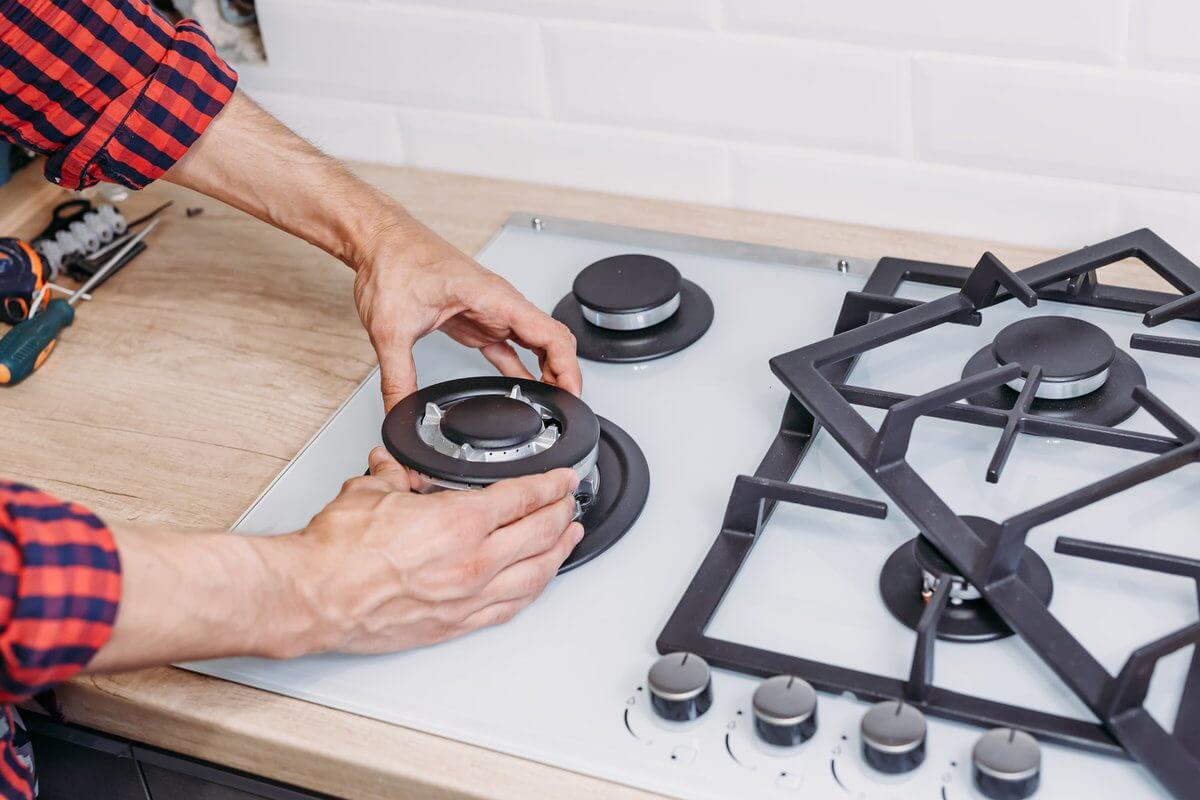

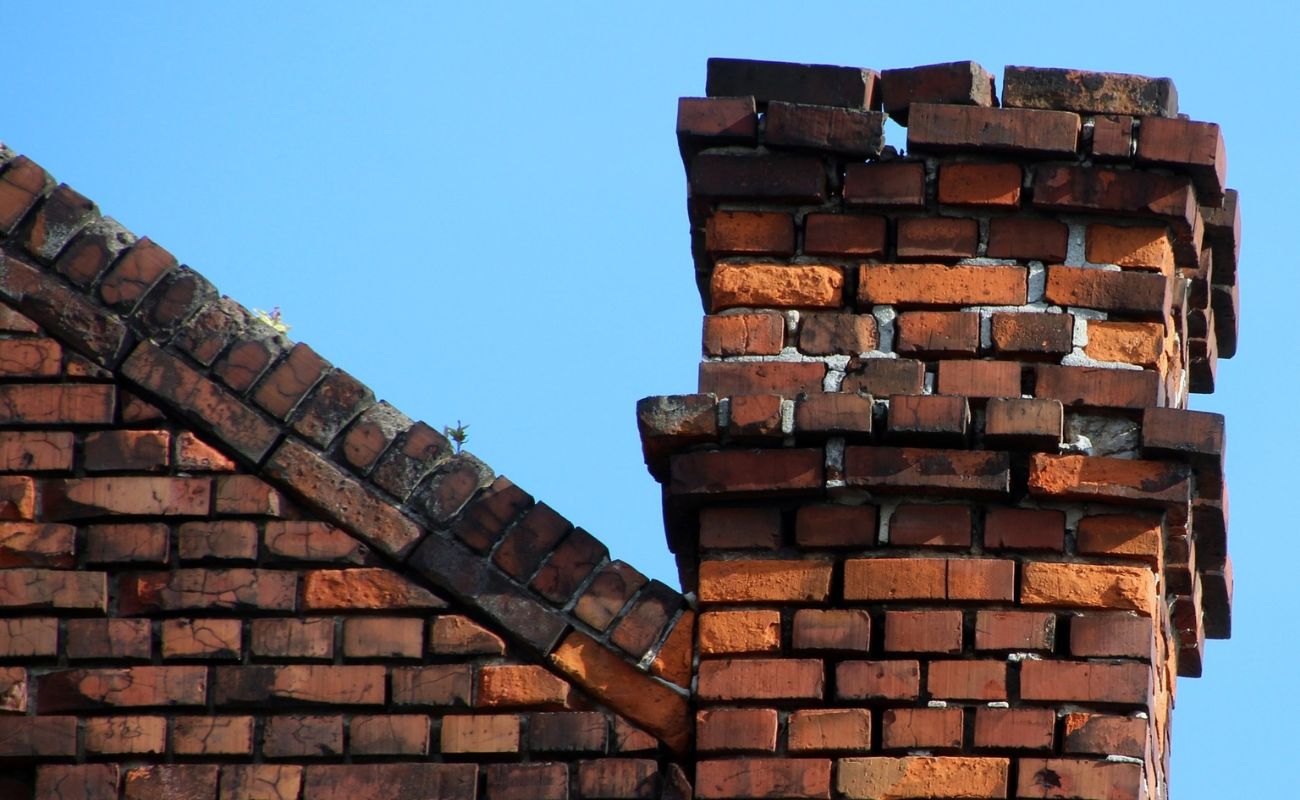
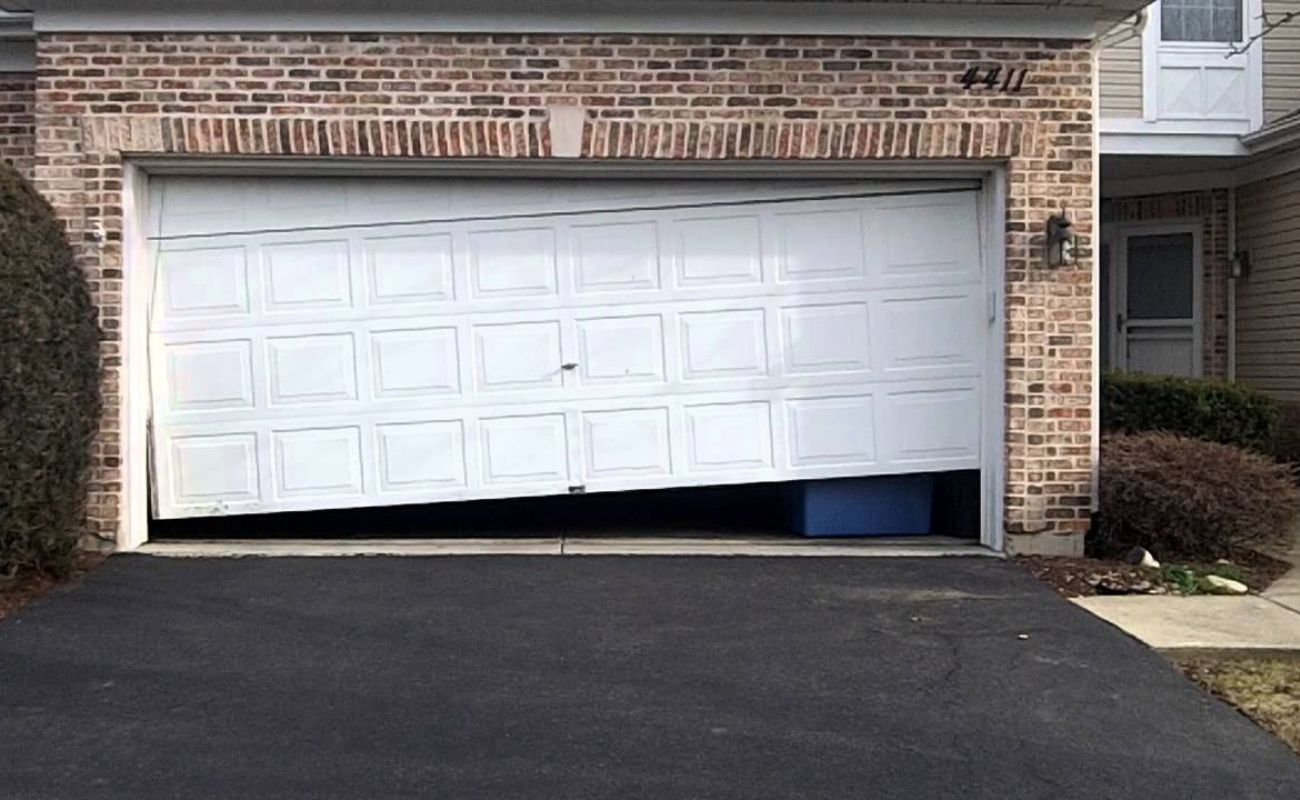
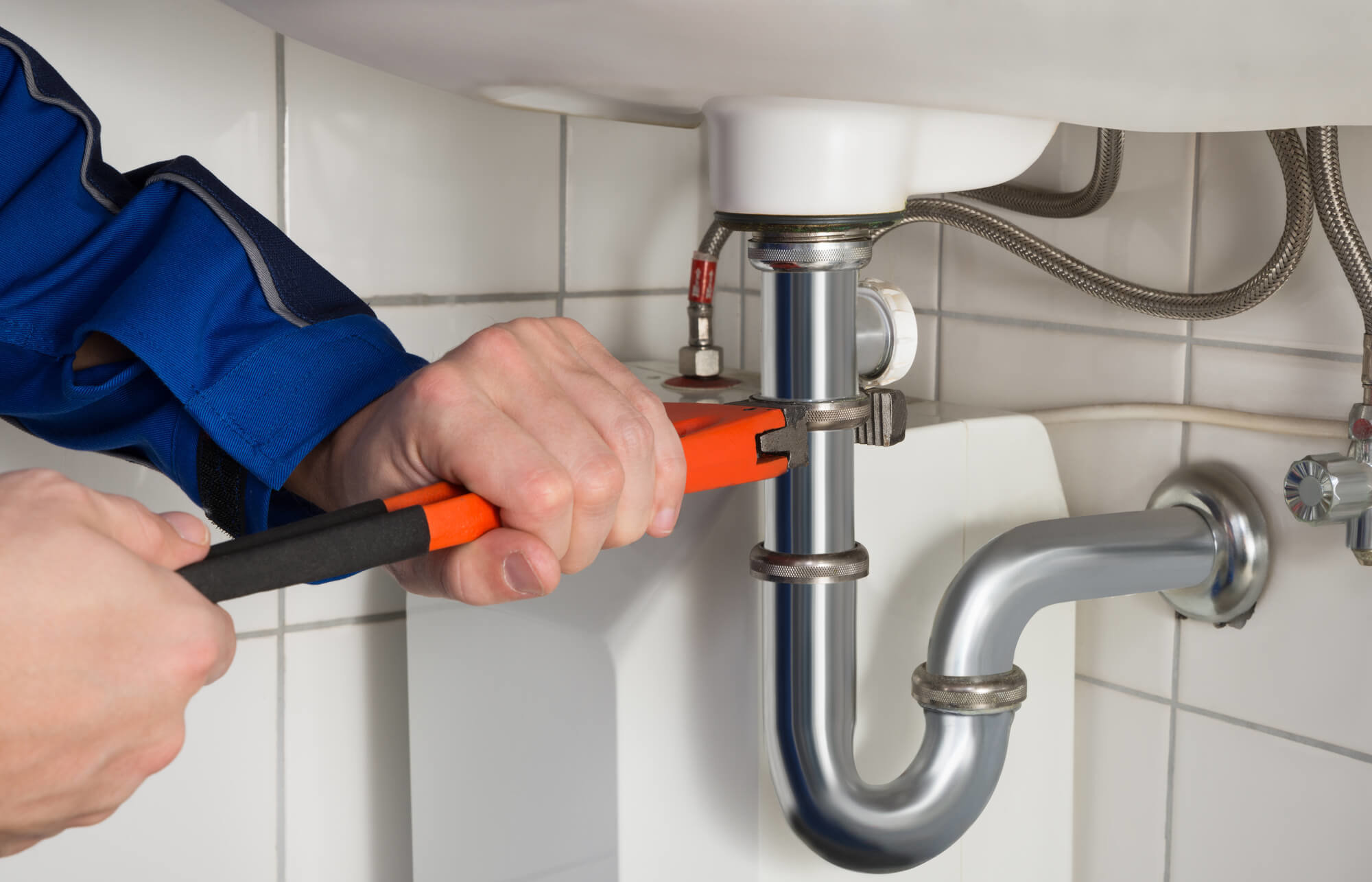
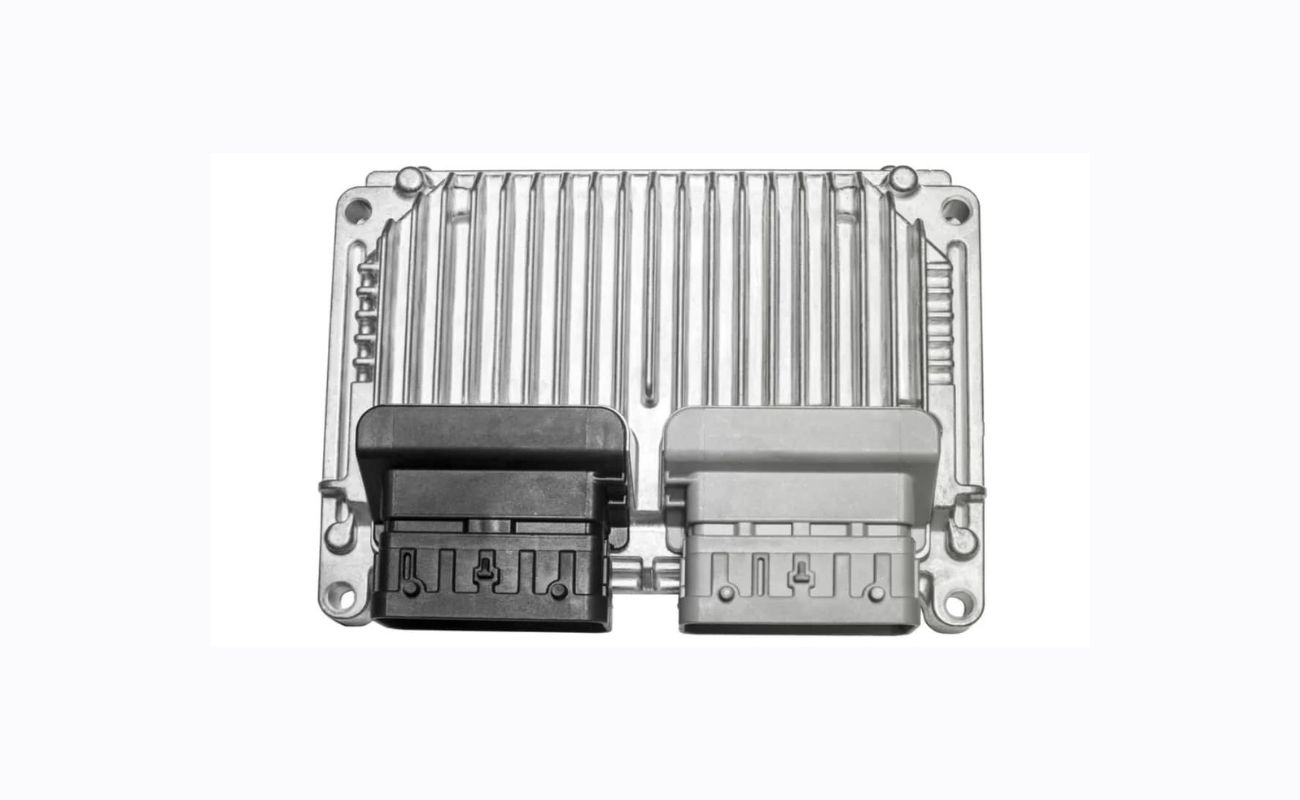

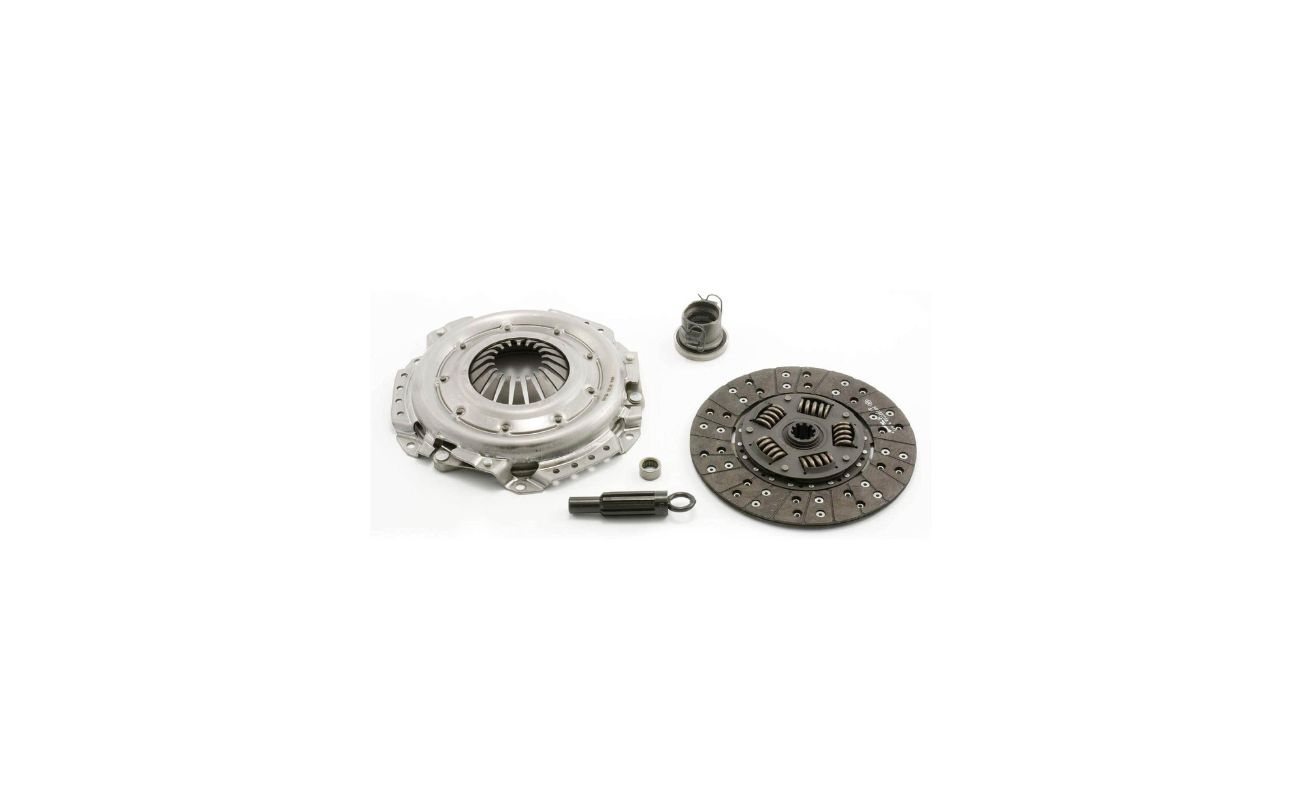

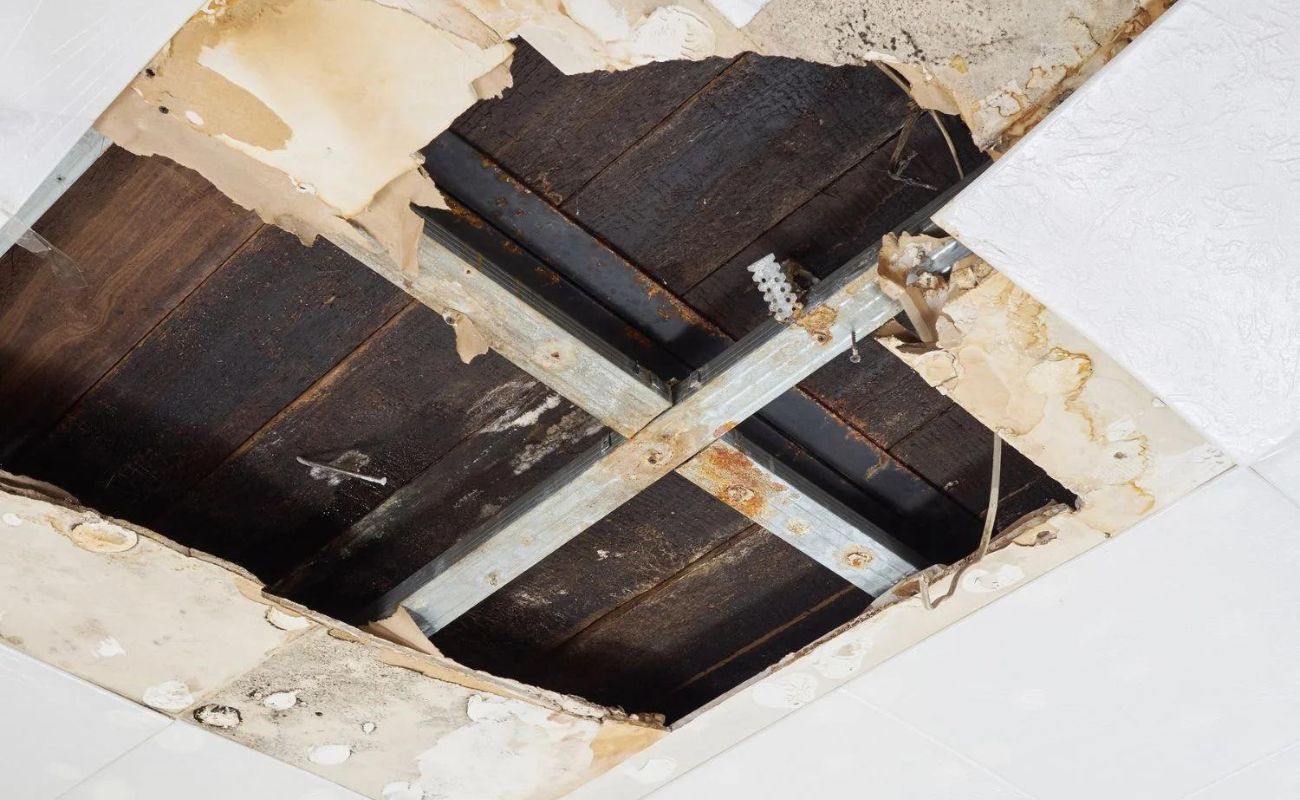
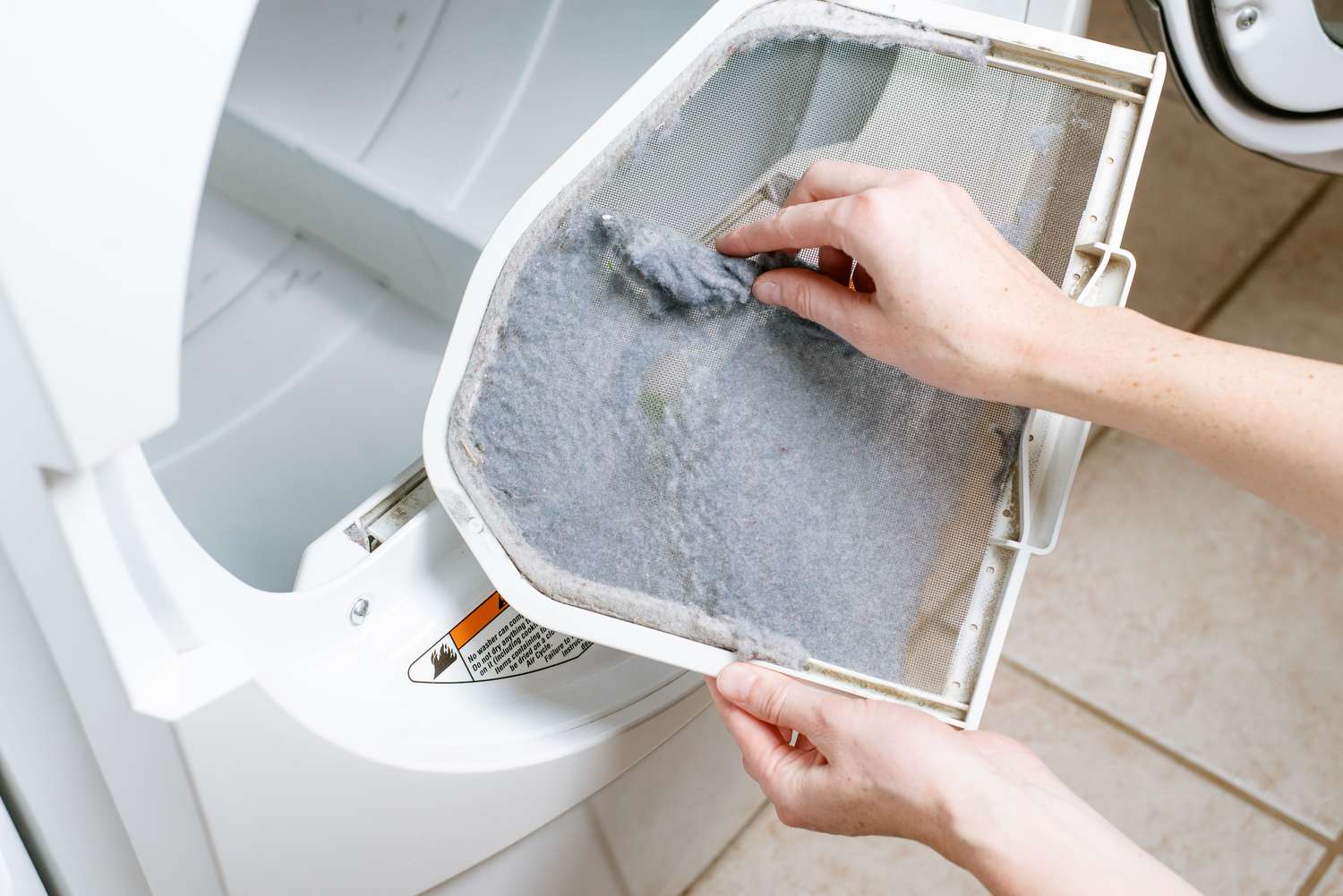


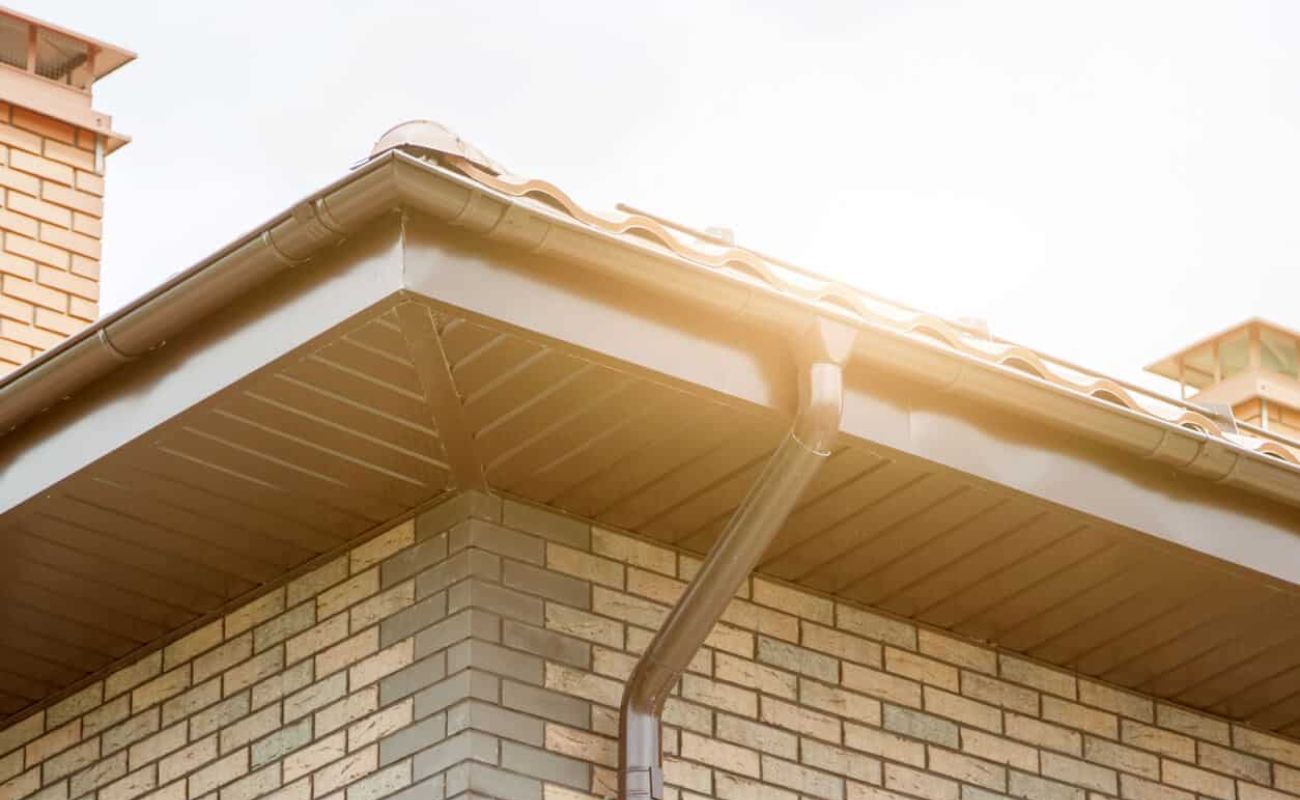

0 thoughts on “How Much Does A Home Inspection Cost In Massachusetts”